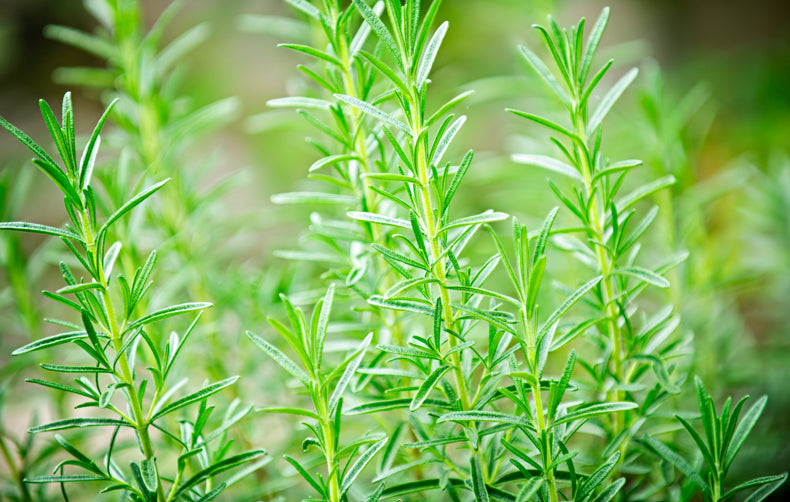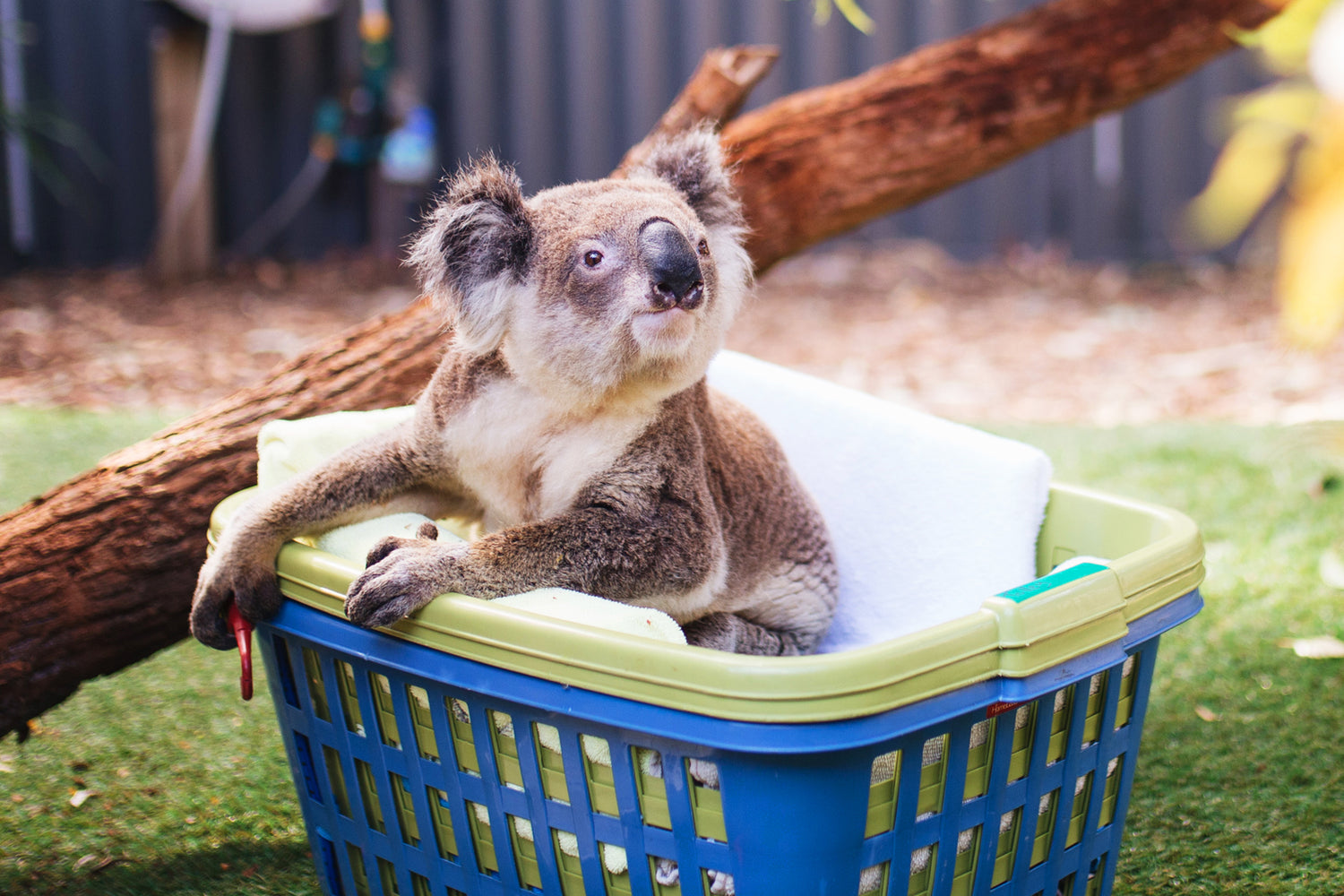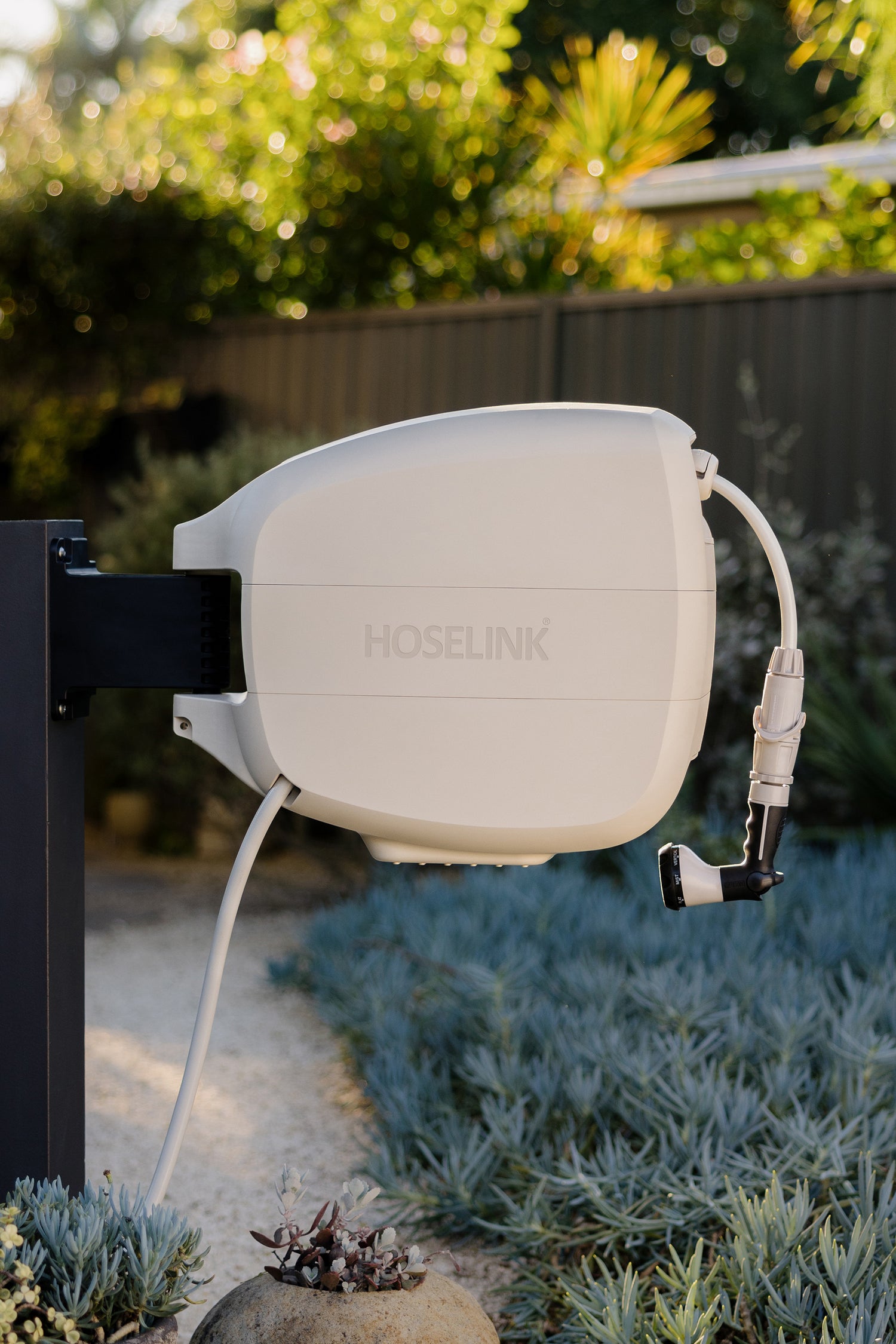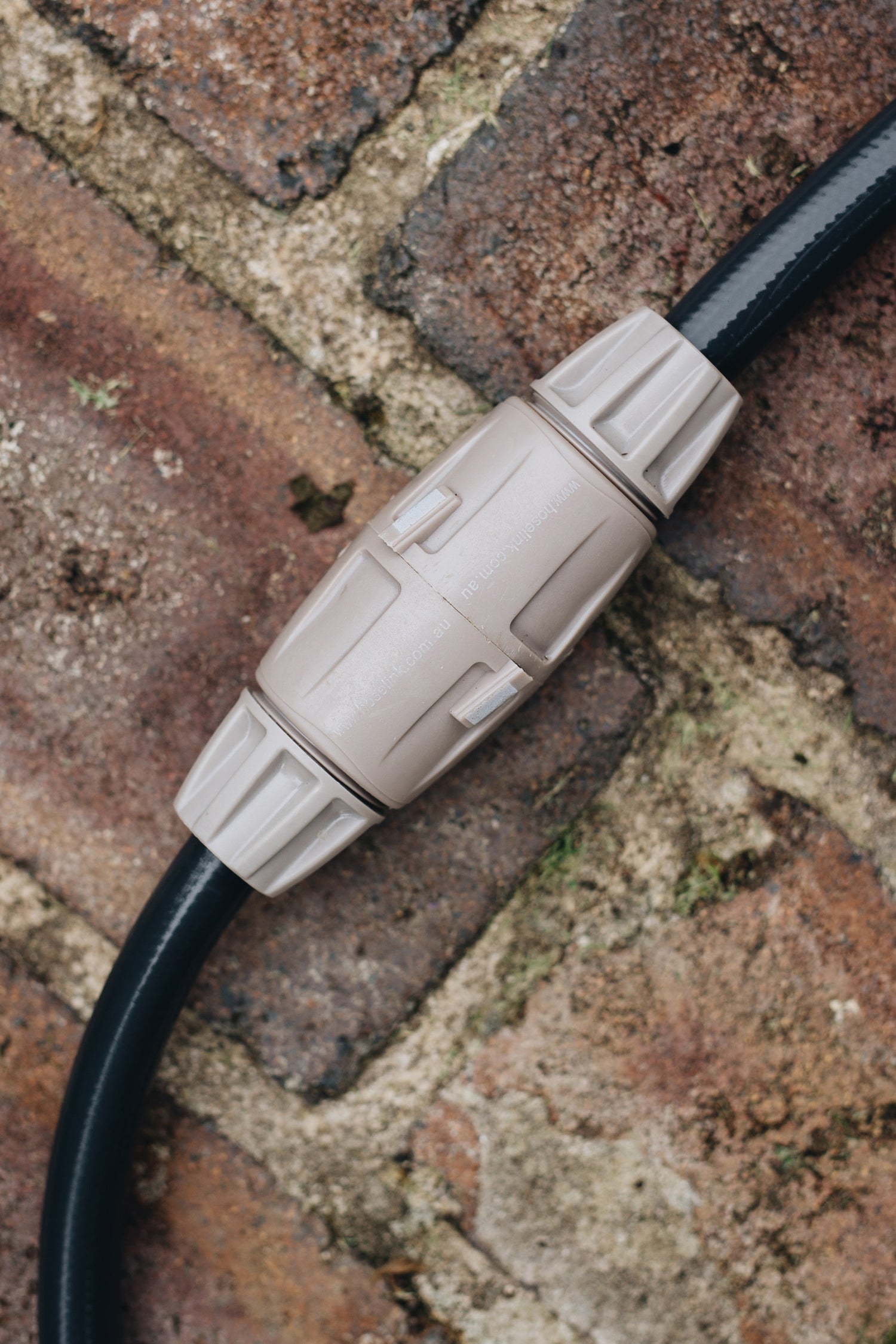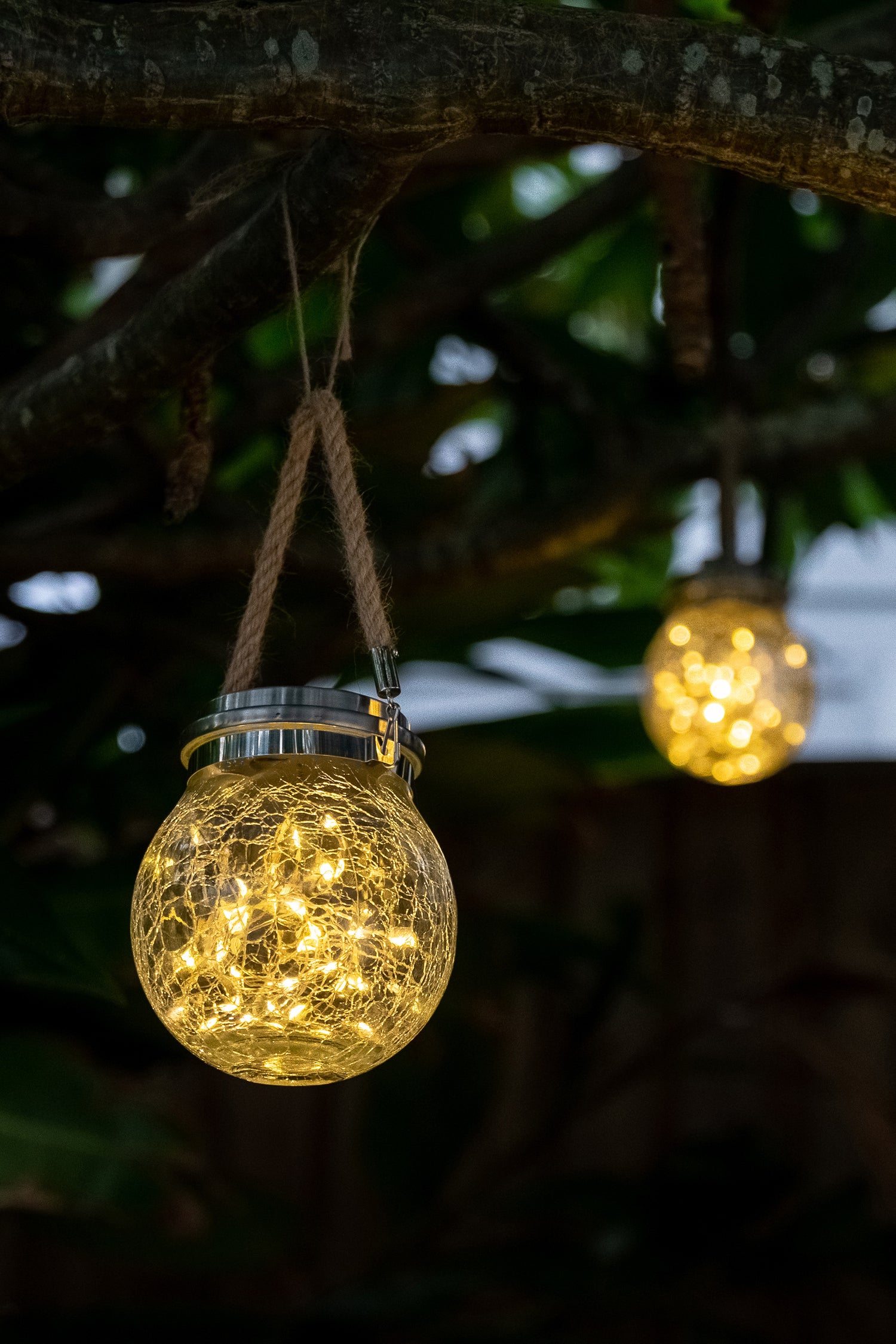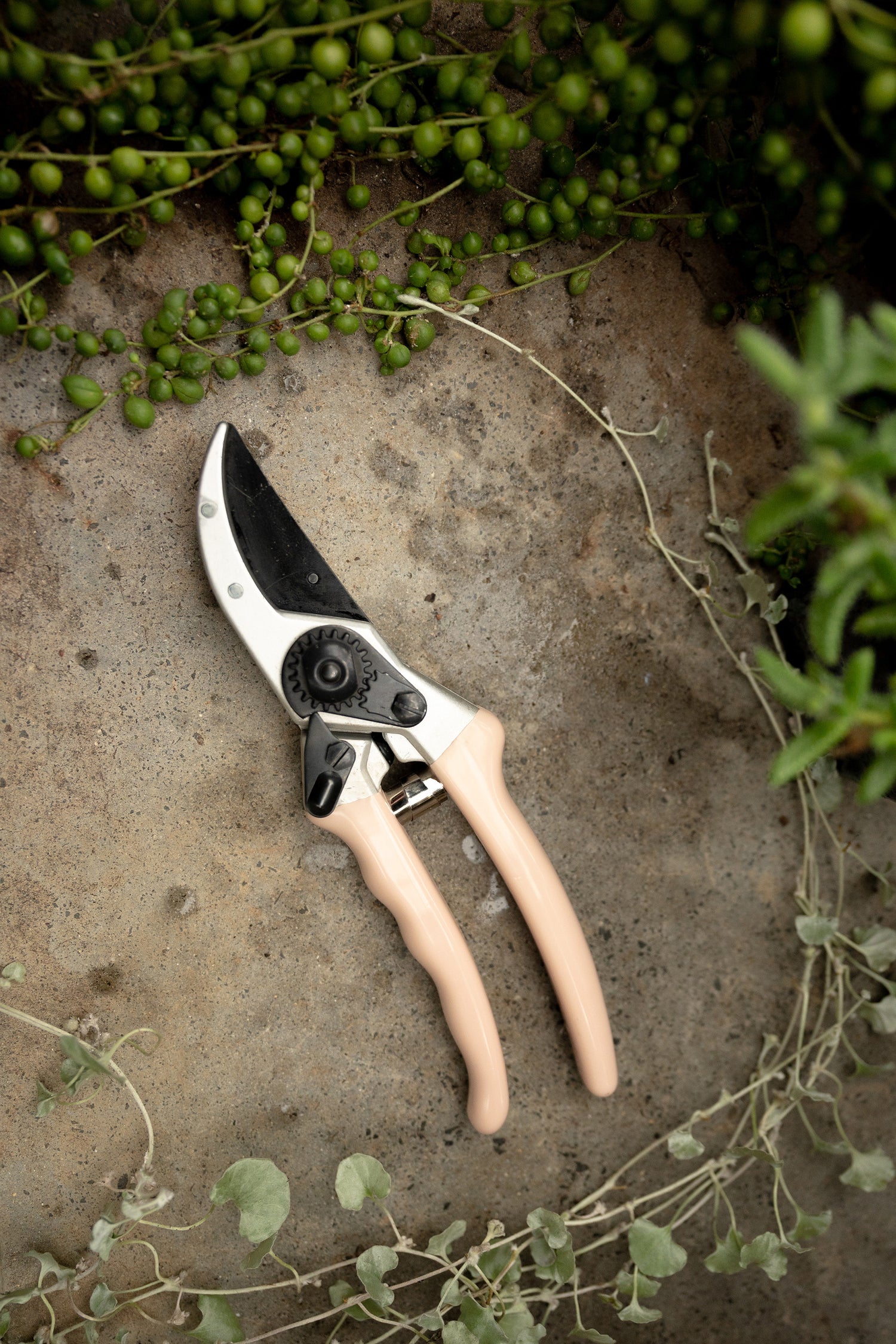The warmer Australian weather brings with it the awakening of some of the best flowers our climate has to offer, including frangipanis and rose of Sharon. Coastal breezes transport wafts of sweet perfumed fruits and blooms through the air as bees and wildlife frolic amongst the season’s offerings. Unfortunately, in Australia, summer also brings pesky flies that can make it a nuisance to spend time in the garden, particularly when entertaining. We’ve undertaken research to bring you the best plants that double up as a natural fly deterrent to be your saving grace this summer so you can get out enjoy the sunshine in peace.
Flies and mosquitoes – why won’t they leave us alone?
There are approximately 10,000 fly species in Australia, but only a small minority of these flies are considered pests, namely house flies, fruit flies and fungus gnats. Despite the irritation they can cause, some flies are, in fact, beneficial insects and should be encouraged in gardens. The most common of these are Hoverflies, which serve as pollinators of flowering plants.
Mosquitoes, on the other hand, are even more loathed for the itchy bites they leave us with, often forcing us to ditch the outdoor socialising and head back inside (that’s if you don’t have any repellent lying around!) Like flies, mosquitoes are attracted to the carbon dioxide in our breath as well as our body odour. Although there are over 300 species in Australia, the mosquito (Aedes Normanensis) is the most common and the most likely to be heard hovering above your bed in Summer!
When controlling these pests, it’s important to understand why they hang around. They’re not purposely trying to pester us, but are merely going about their natural activity. Knowing the plants these insects dislike is valuable knowledge we can use to help keep them at bay.
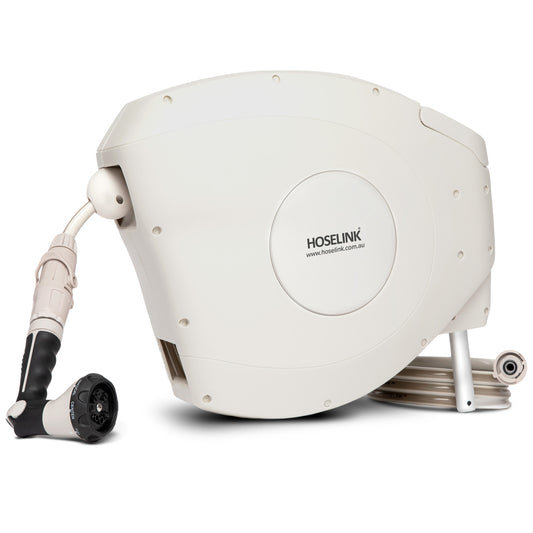
Classic 30m Retractable Hose Reel | Beige

Oscillating Sprinkler
Lavender
Lavender has been used for many years in gardens due to its incredible fragrance and potent natural oil. Lavender has a calming effect that humans have loved for centuries, however, the opposite can be said for insects. We advise, to gain the most out of lavenders’ potential, to plant it in very sunny areas near your garden entrance or front door to reduce the number of bugs that could find their way inside.

Eucalyptus
Famous for its foliage and unmistakable smell, many health benefits can be derived from the leaves and oil of the eucalyptus tree. On its own, the scent of eucalyptus can deter flies and other pests; however, the oils derived from the leaves are even more potent and can be drawn out by simply crushing and rubbing the leaves between your hands. You might even want to mix the oil with water to form a spray.
In addition to this, the oil doubles up as an antibacterial agent, which could come in handy if you were to get bitten by one of these pests. Because of the varying species of eucalyptus and the size to which they can grow, it’s advised that you choose a species that will thrive better in pots, for the sake of transporting and nurturing the plant.

Lemongrass
This fragrant plant contains citronella oil, which is a popular ingredient in outdoor candles and most insect repellents due to its bug deterring qualities. Lemongrass is a small shrub that shows off brilliant lime-green vertical shoots that not only look effective in rockeries and as garden bed fillers but can prove useful in the kitchen too thanks to its natural aromatic oils. We advise planting lemongrass either in a pot near the entry to your house or in a sunny position in well-drained soil.
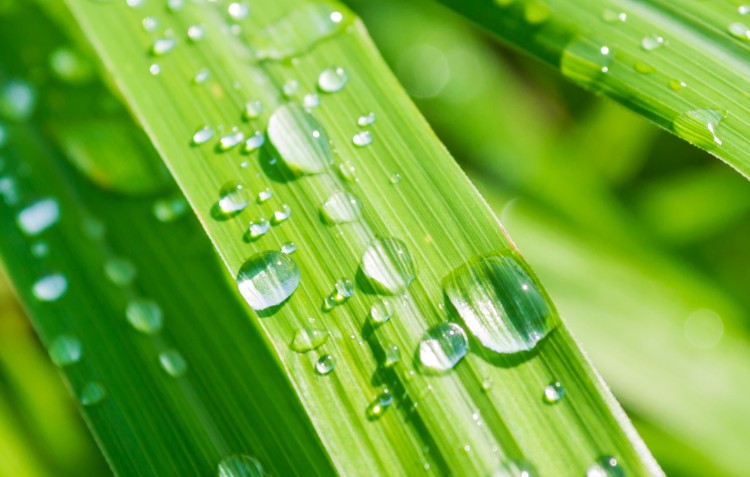
Bay Tree/Leaves
Bay is a slow-growing shrub which can grow into a medium-sized tree if not trimmed. It is very tolerant of tough conditions and is also useful in the kitchen. Bay trees have a pungent oil contained in their leaves that is unpleasant to any bugs within its vicinity. We suggest planting a bay tree close to your home or entertaining area. Having bay close to rosemary will act as a double bug deterrent because of the two conflicting scents. Ensure your bay tree is shielded from frost but don’t be afraid to overcrowd the soil near to the bay tree as the plant thrives in mix-plant soil. The bay tree also grows successfully in pots and is advised to be moved during the cooler months to under shelter or inside.

Basil
Flies absolutely hate basil. Plant this herb wherever you see fit to keep those pesky bugs away. Perfect potted in-between your flowers and veggies, basil adds a fresh garden feel to any outdoor space all the while keeping flies at bay. It has also been proven that planting basil next to other herbs and veggies is beneficial as it can improve the flavour of certain vegetables, particularly tomatoes and asparagus.
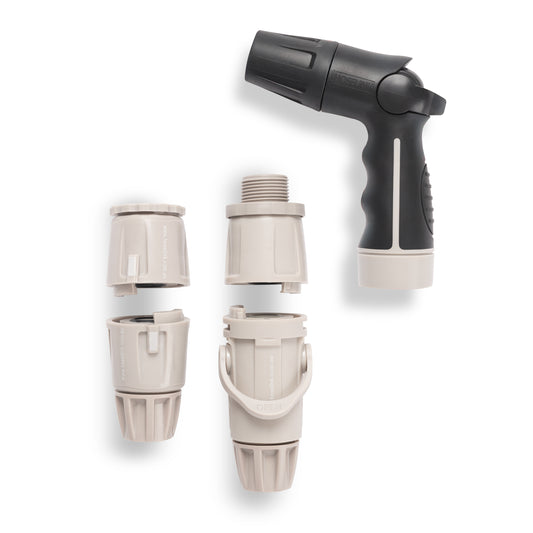
Compact Nozzle Starter Set
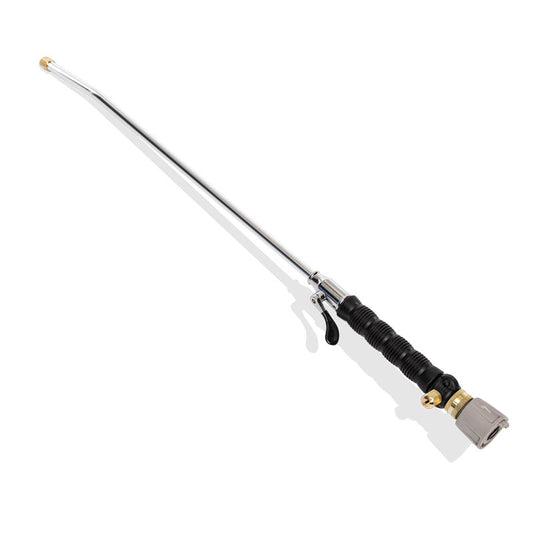
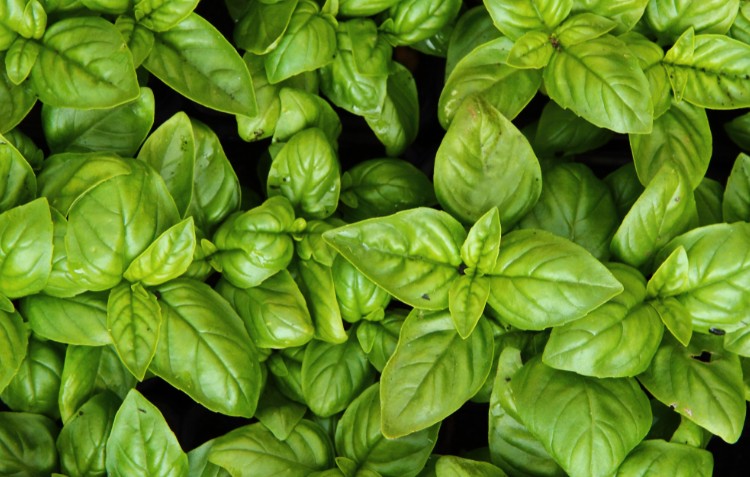
Mint
Mint is the perfect plant to grow if you are tight on space yet still fighting to reclaim your outdoor space from flies. Mint prefers a smaller growing space, meaning it thrives especially well in pots.
Rosemary
Rosemary is a must in any edible garden. This spectacular herb is the best natural repellent for all annoying insects. We suggest planting a sprig of rosemary between your vegetables whether that be in a veggie patch, in vertical hanging walls or in herb containers. Rosemary has a distinctive oil which is popular in cooking but for insects, it is very unpleasant!

Tansy
The tall green-stemmed beauty of the tansy is a strong repellent for most bugs. The bulbous yellow heads of the tansy flower make a vibrant addition to any garden bed or kitchen garden. Without any petals, from afar the tansy looks like hovering bumblebees watching over your garden. The tansy is very simple to grow if you have a lot of sunlight. Be mindful of where you plant tansy's as they are toxic and should not be in the vicinity of small children and animals.

Folding Garden Kneeler & Seat with Tool Pouches
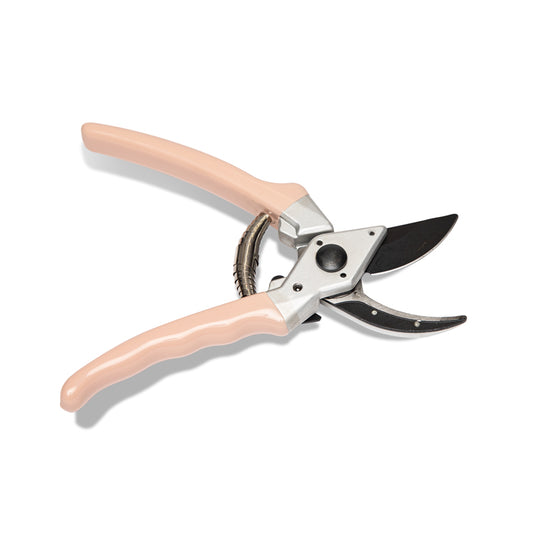
Secateurs 225mm | Peach
Marigolds
Marigolds are the most common delicate flower used to border garden beds or interspersed throughout the veggie patch. Easy to grow in sunny locations, the marigold has a scent that deters flies. Gardeners have been known to plant marigolds amongst crops and other foliage to prevent insects from eating them but also because of the plant’s unique properties to spur on growth. You will often find that marigolds are a common accompaniment to the garden rose: together these two plants flourish in shared soil. Marigolds are a must in any garden as they attract bees and other beneficial insects to cultivate a healthy ecosystem. Marigolds are the plants that keep on giving. If you find that your marigold plant is ageing, add the remnants to a compost heap. Marigolds hold essential vitamins and minerals essential for rich soil. For healthy marigolds that pop with vibrant colours, ensure you remove spent flowers, fertilise and water regularly.

Venus fly trap
These carnivorous plants trap and ingest insects. If you are looking for an exotic plant like no other, a Venus flytrap is your answer. The Venus flytrap has a long tubular funnel which runs from the top of the plant to the base before the roots. At the top of the funnel is a leaf flap which closes the opening of the funnel once the fly has been trapped. The Venus flytrap funnel is a unique leaf structure which, through a combination of nectar, fragrance and colour, lures the fly into the funnel until the insect finds itself on a slippery surface when the fly will then fall into a little pool of water at the bottom of the funnel. The fly will die here, and the plant will later consume it. Pests for gardens but lunch for the Venus fly trap!
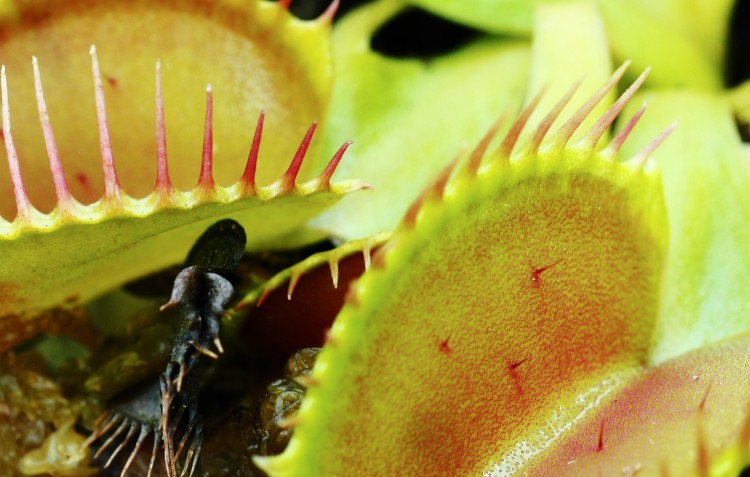
Pennyroyal
With pennyroyal in the garden, your vulnerable veggies will be in safe hands. This plant serves as an extremely effective bug deterrent thanks to its highly potent, self-releasing oils. By planting this low-grower underneath or around other plants and crops in your garden, you’ll be providing a naturally occurring insecticide to help keep pests at bay. Pennyroyal is a member of the mint family and, as such, needs to be transplanted as the weather cools or ripped out if it’s imposing on your other plants. Rubbing fresh pennyroyal clippings onto your clothing and releasing its oils can also prove to help keep flies and mosquitoes away.

Wormwood
Easy to grow and valuable to your garden, Wormwood leaves contain a resinous particle which works well as a natural insecticide. Not only can it be picked fresh and rubbed on your arms or clothing, but it can also be bundled and placed in indoor areas to keep flies and mosquitoes away. For over 3,000 years, wormwood has been used for medicinal purposes and can cause adverse side effects when ingested. If using this plant in any other way besides external application, be sure to consult a doctor.

Be Mindful
All of the plants listed above are the most common natural fly and mosquito deterrents. Be mindful that every garden environment is different and therefore, what works for one garden may work more or less effectively in another. Flies and mosquitoes are the most common form of annoyance, and you’ll find many of the plants that deter these will also contribute to minimising other unwanted pests. Using a combination of these plants in your garden will not only protect your plants and yourself from unwanted insects but will also add interest and a range of aromatic scents to your outdoor living space.
N.B. This has been written for Australian gardens, if you are reading this from somewhere else in the world, we hope it has been a useful stepping stone in your research!

